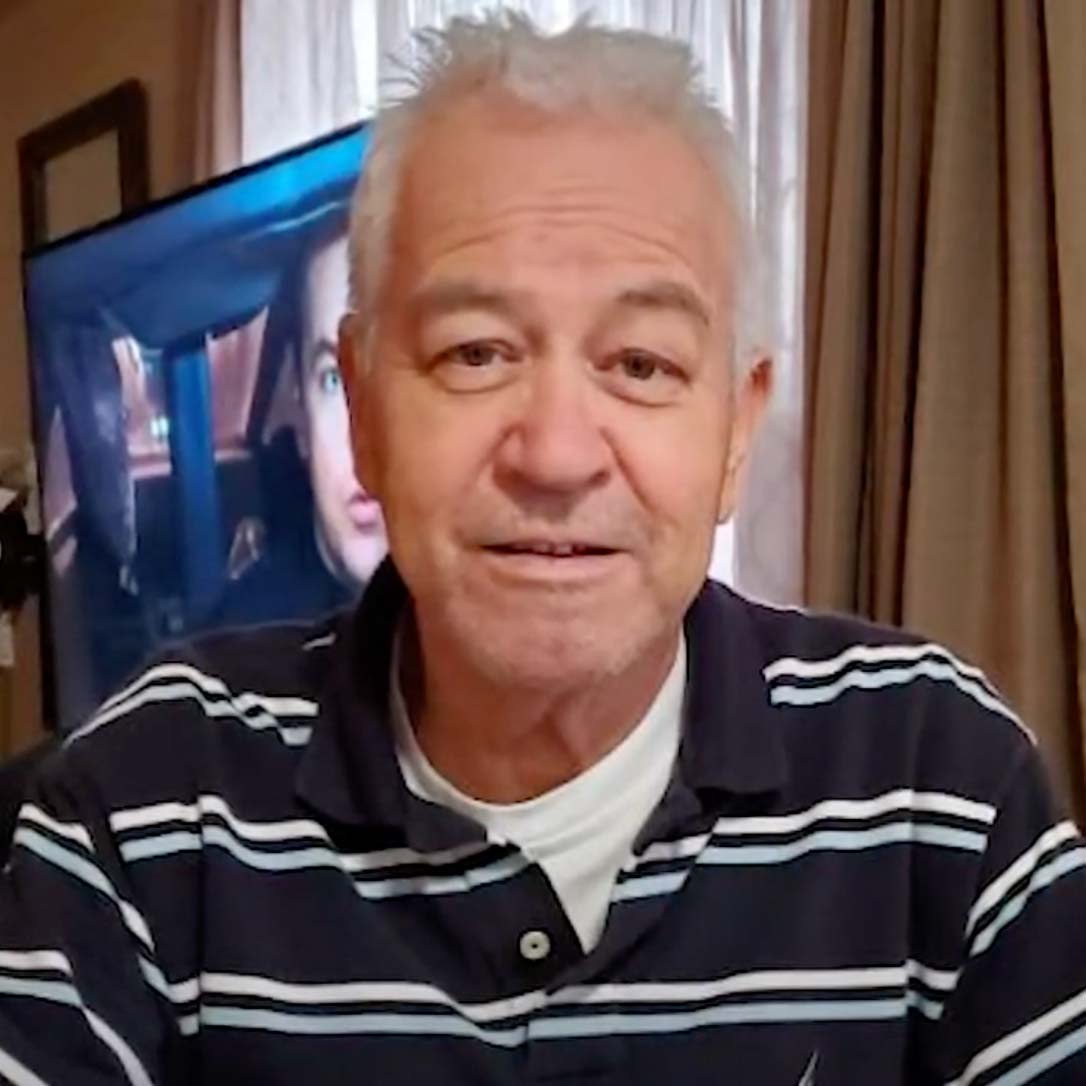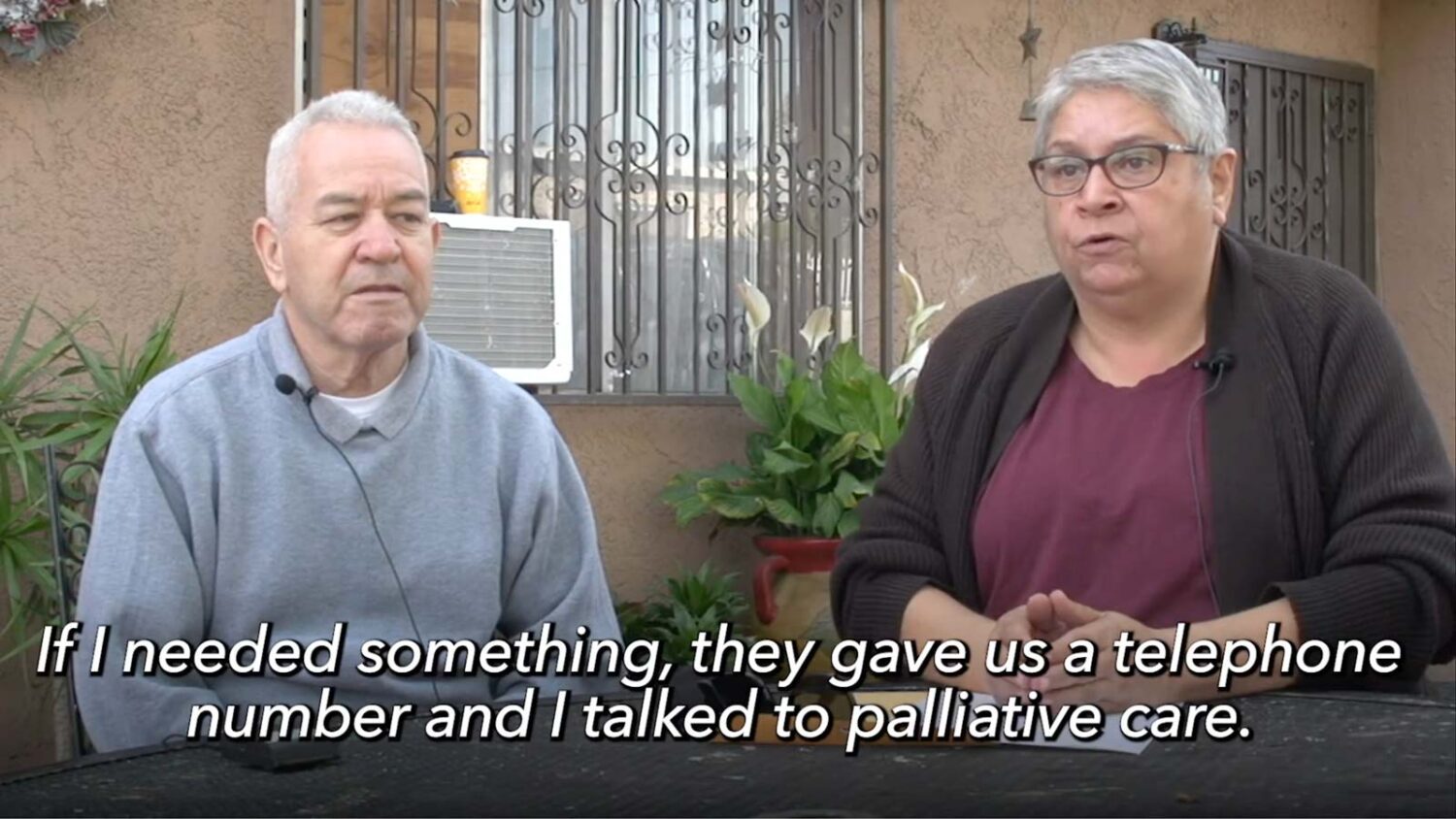When Jorge Rueda was diagnosed with cancer, his doctors enrolled him in a palliative care program. Described as an extra layer of support, palliative care provides relief from the symptoms and stress of serious illness through medical, emotional and spiritual support. Studies have shown that palliative care improves satisfaction with health care and quality of life while reducing depression and health care costs. Yet it was something Jorge and his wife Marisela had never heard of.
And they are not alone.
Nearly two-thirds of patients surveyed had never heard of palliative care, according to research from the USC Leonard Davis School of Gerontology. Led by Associate Professor Susan Enguídanos and doctoral student Yujun Zhu, the 2019 study found the lowest rates of awareness among Latinx patients. And, among those Latinx adults with knowledge, about half could not correctly answer three core questions about palliative care.
“A lack of knowledge, along with common misconceptions, about palliative care point to the need for relatable and reliable information for patients,” said Enguídanos, who is working to increase awareness of the support and services it can offer to individuals suffering from serious illness and their caregivers.
In the Ruedas’ case, those services included medical home visits and telephone calls from doctors, nurses, and social workers.
“If I needed something, they gave us a telephone number and I talked to palliative care. They would guide me,” Marisela recounts in a new video produced as part of a project Enguídanos is leading to use first-person narratives to educate people about palliative care.

Jorge Ruedas, a palliative care patient who shares his experience in the Enguídanos Lab’s video series.
The video series, produced in part with funding from the Heart to Heart Hospice and Auen Foundations, offer structured accounts of how a range of individuals have benefited from palliative care.
And they seem to be working.
Results from a recent study, led by Deborah Ho, PhD, a recent graduate who studied in the Enguídanos Lab, suggest that the role model video stories may be an effective strategy to improve palliative care knowledge. After watching the videos, the number of respondents intending to enroll themselves or a family member in palliative care rose by over 100%.
“We are excited about the potential to reduce barriers to palliative care through these first-person stories,” Enguídanos said. “People may be more receptive to palliative care when they can see and hear about it from people they can identify with.”
The video featuring the Ruedas is available in both Spanish and English and is specifically targeted to Latinx communities.
“You will be scared because you don’t know what it is but give them the opportunity to explain it to you before you close your doors,” Marisela says in the video.
“I recommend it,” Jorge says in follow-up. “Listen to me.”





